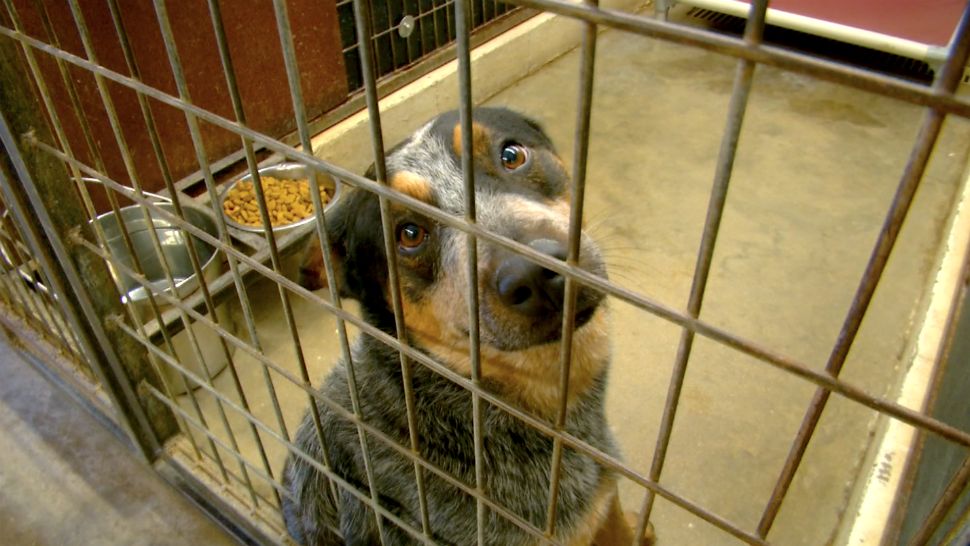
As I have reported repeatedly over the last several months, progressive shelters in progressive communities are rising to the challenged posed by the pandemic by embracing ingenuity, a “can do” attitude, and technology to save the animals. And thanks to an overwhelming response by the public, these shelters have placed record numbers of dogs, cats and other animals and many are finding themselves empty for the first time in their history.
As the economic fallout from the pandemic continues, however, we may be on the verge of an eviction crisis. And that means a surge in the number of people surrendering animals. If so, shelters are going to have to rely on those qualities to continue succeeding. That includes, among other things, working hard to keep people and pets together, expanding on foster care networks, and expanding rescue partnerships.
It could also mean going further, such as partnering with boarding facilities and developing services that help people rehome animals themselves. The No Kill Equation — programs such as foster care, comprehensive adoption programs, socialization and behavior rehabilitation, medical care, community pet sterilization, working with rescue groups, marketing and promotions, a robust volunteer base, and more — allows a shelter to save lives not just in ordinary circumstances; but during extraordinary ones as well.
But there is also one big effort that would go very far in mitigating the crisis and we must start lobbying for it now: eliminating housing discrimination for people whose families include a dog, cat, or other animal companion. A study determined that doing so would allow 8.75 million animals to find new homes, roughly six years worth of killing in U.S. pounds. Even before the pandemic, it found that one in four renters lost their home because of a restriction on housing.
Although the study did not propose a legislative solution, the No Kill Advocacy Center, my organization, has long called for protecting pets in rental housing by extending existing federal laws prohibiting housing discrimination for families with children, as well as those that prohibit owners of properties that are designated for the elderly or handicapped persons and are either subsidized or insured by the U.S. Department of Housing & Urban Development from allowing residents to live with a pet. We have even written model legislation to do so.
As we face the worst public health crisis since 1918 and the worst economic crisis since 1933, animals are completely reliant on us for their welfare. We must rise to the challenge according to the gravity of what the occasion demands. Our fellow non-human Americans should be protected from ending up on the street or worse, on death row at a pound that does not take its obligations seriously.
————-
Have a comment? Join the discussion by clicking here.